This article is reproduced from the autocarweekly public account
Author: Karakush
Yesterday, Jidu Auto, which has just been registered for three months, held its first media communication meeting, and CEO Xia Yiping reported on their progress and ideas for making cars.
“Jidu” may not have left any impression on people yet, but the founders are very strong, and it was established by a joint venture between Baidu and Geely.
Among them, Baidu is the leader.
This is not only reflected in the shareholding ratio: Baidu holds 55% of the shares, and Geely holds 45% of the shares;
It is reflected in the board of directors: of the five directors, in addition to Xia Yiping, three are from Baidu and one is from Geely;
It is also reflected in the company name: “Jidu” means “the culmination of Baidu’s AI capabilities”;
It is even immersive in this communication meeting:
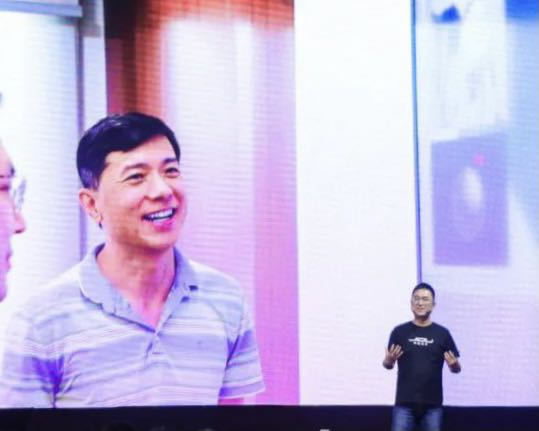
” We have been maintaining very close communication with Robin (Li Yanhong), including product positioning and product design,” Xia Yiping said. “Last Friday, we held a product review meeting with Robin to conduct in-depth exploration and research on the exterior and interior design of the product.”
It is said that Robin is not just looking at a rough idea, but communicating to “the details of the entire product”. After the review, he left a sentence, which was written on the butt kicking:
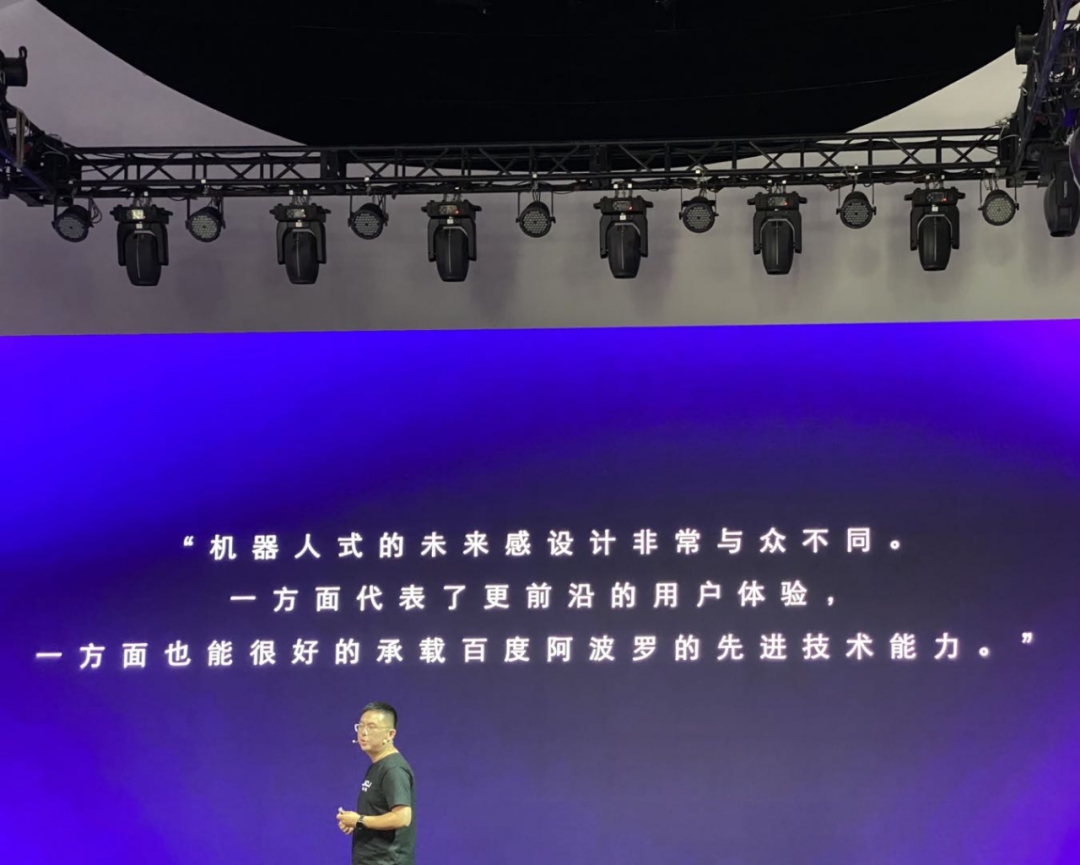
“The futuristic robot-style design is very different. On the one hand, it represents a more cutting-edge user experience, and on the other hand, it can also carry the advanced technical capabilities of Baidu Apollo.”
— Simple and dry, but it set the tone for yesterday’s communication meeting and even Jidu’s mission: Li Yanhong has to make the Apollo project, which he has been working on for many years, land as soon as possible.
“Baidu has so many good end-to-end core AI technologies and capabilities. How to provide these to users through good product forms or good user experiences will be the core concept that Jidu will continuously deepen and polish in the product development process.”
Although it is emphasized that Jidu operates independently, although Li Yanhong himself did not come to Beijing, this is still Li Yanhong’s car-making project.
#
Unlike many of the friends who were only attracted by the capital and decided to make a car, if there is a choice, Li Yanhong may not really want to make money in this painstaking process.#百度自动驾驶 —— 软件的钱
In 2015, Baidu established the Autonomous Driving BU and invested extensively in technology research and development. In 2017, Baidu released the new plan “Apollo” with the aim to become the “Android” of self-driving field by providing an open, complete, and safe software platform to the automobile industry. This platform helps them to quickly build a complete self-driving system that belongs to them by integrating vehicles and hardware systems.
At one point, nearly 150 automakers and suppliers reached cooperation with the Apollo platform, leading people to believe that the self-driving car fleet based on Apollo would rapidly proliferate.
Compared to getting involved in heavy asset operation, making money through software, which is familiar and which can enable Baidu to quickly shed its image as an advertising company, is the goal.
However, up until now, the intelligent driving products under Apollo have not been widely spread. Currently, it has only cooperated with brands such as GAC, WM Motor, and Great Wall Motors in developing mass-produced autonomous valet parking. The technology does not show its strength, and the scale does not show its influence. It can be said they have encountered a setback.
At the Apollo Ecological Conference at the end of last year, they released another product, ANP, and showcased it during the Shanghai Auto Show. ANP is a closed-loop urban road solution that employs L4 dimensionality reduction and pure visual information for navigating and assisting driving on highways, urban loops, and city roads. This year it should see some results.
However, simply relying on the embrace of numerous automakers is not practical.
On the one hand, the lack of progress in the last three to four years reflects the short-term acceptance among traditional automakers towards high-end self-driving products, and to some extent, there have been obstacles during processes of promotion or negotiation. On the other hand, other suppliers are soaring high. For example, Huawei’s more practical-oriented strategy has quickly begun to progress at the turf level and at least has found automobile friends who are eager to join, such as BAIC and Changan.
Baidu needs an opportunity to demonstrate its technical achievements, enable it to prove its abilities, and recover some investment returns. Just before and after last year’s ecological conference, Baidu found Xia Yiping and talked with him for a month and decided to invite him to manage the collective degree. After the first-quarter financial report meeting this year, Mr. Li explicitly stated the three-pronged approach of Apollo’s intelligent driving in an internal open letter:
First, to provide technology to automakers; Second, to create through the collective degree; Third, Robotaxi.The automotive industry is in a Schrödinger’s alliance state, while for Robotaxi, as we mentioned in our previous article (“Autonomous Driving: To Support or Not?”, https://mp.weixin.qq.com/s/rAvR8wZpNNgn2-DxsRdYGQ), commercialization is still a long way off, even for Waymo. However, the focus remains on the level of intelligence of self-driving technology.
This is a project that will be taken seriously. As previously mentioned, the investment plan is 500 billion in five years, and external financing will likely be done in the third quarter of this year.
As for the timing of the launch, those who say it’s too late don’t understand the situation. Timing is relative and depends on how the racetrack and one’s position and model match. According to BAT’s tradition, this is still early. The proxy war has just begun, and the giants themselves have just entered the scene. Previously, why did giants need such hard work?
For Jidu, the timing may be just right.
According to Xia Yiping, over the past three to five years, electric cars have been moving away from the hardware competition, and many indicators that previously seemed like barriers, such as range and acceleration, have become more standardized and homogenized.
In the next three to five years, there will be an ecological competition, including intelligent driving, cabins, operating systems, high-precision maps, computing power platforms, etc., all of which are indispensable.
The core of the competition will undoubtedly be intelligence. It is not only the product form but also the entire underlying technology of electric vehicles, from the automobile chassis to the motor mechanism, hardware controllers, OS to the application level, from the bottom-up reconstruction. The competition will become more efficient and fiercer.
Of course, everyone says the same thing, and the correct direction is the same. However, Jidu believes that intelligent competition can also be seen as unmanned competition. All the changes brought about by intelligence are a bridge to unmanned competition.
This is Baidu’s belief, the sunk cost that Baidu spent humming over the past few years to develop Robotaxi, and also Baidu’s capabilities and strengths.
It’s hard for most automakers to think this way right now.
Based on L4 capabilities, Jidu focuses on what the product form and product of this car will be like. This has been the most discussed topic in Jidu over the past three months.
The conclusion is that the car must be a robot in some form. It must be able to think independently, make some judgments itself, and be essentially a four-wheeled robot. This is probably controversial in the industry. Most automakers don’t think this way. In the long run, autonomous driving is similar to infrastructure-based engineering problems. So, how did it become a robot?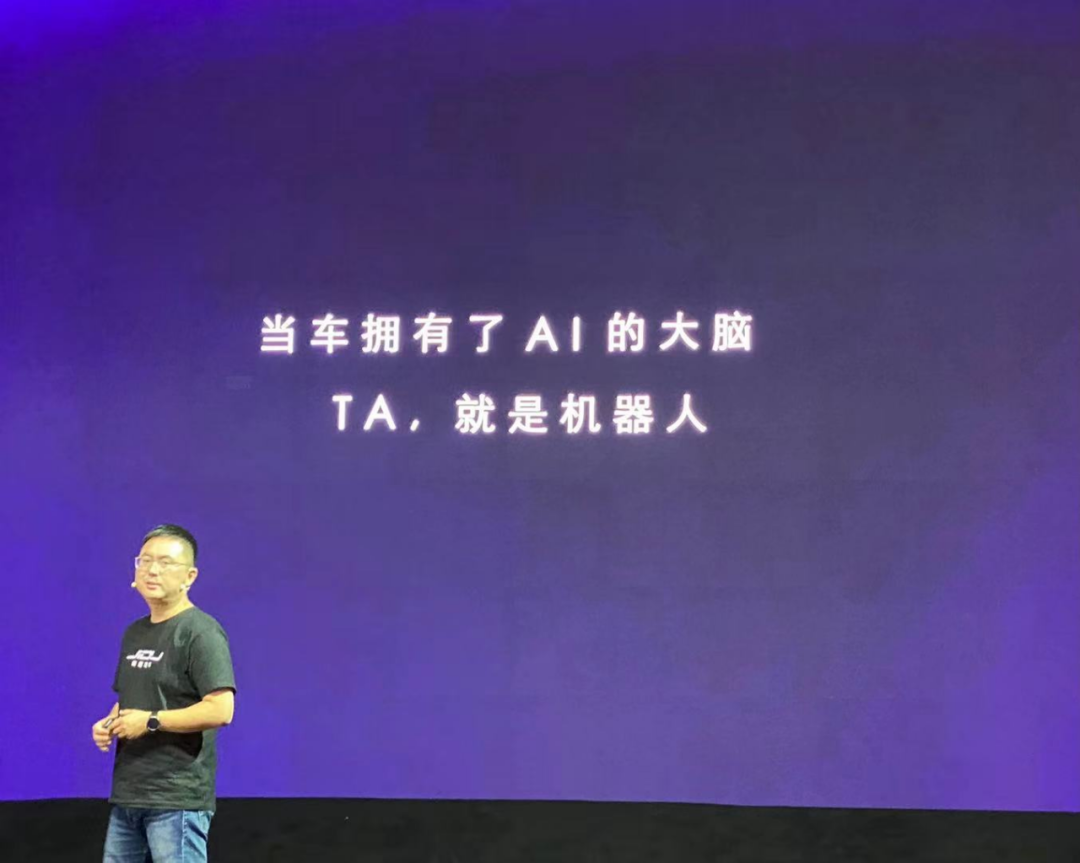
Of course, when it comes to the specific subject, the three major DNAs of Jidu’s design have not yet taken off.
The first is ROBOTIC, which is reflected in both interaction and form, and is different from current cars, such as having more intelligent interaction with users, understanding daily usage habits, providing better customized experiences, and having a lot of innovations.
The second is EMOTIONAL, which needs to be humanized and emotionally connected, so users can feel that the car is taking care of them. The third is FUTURISTIC, which needs to have a futuristic feeling, so when the car is on the road, people can easily recognize it as a Jidu car.
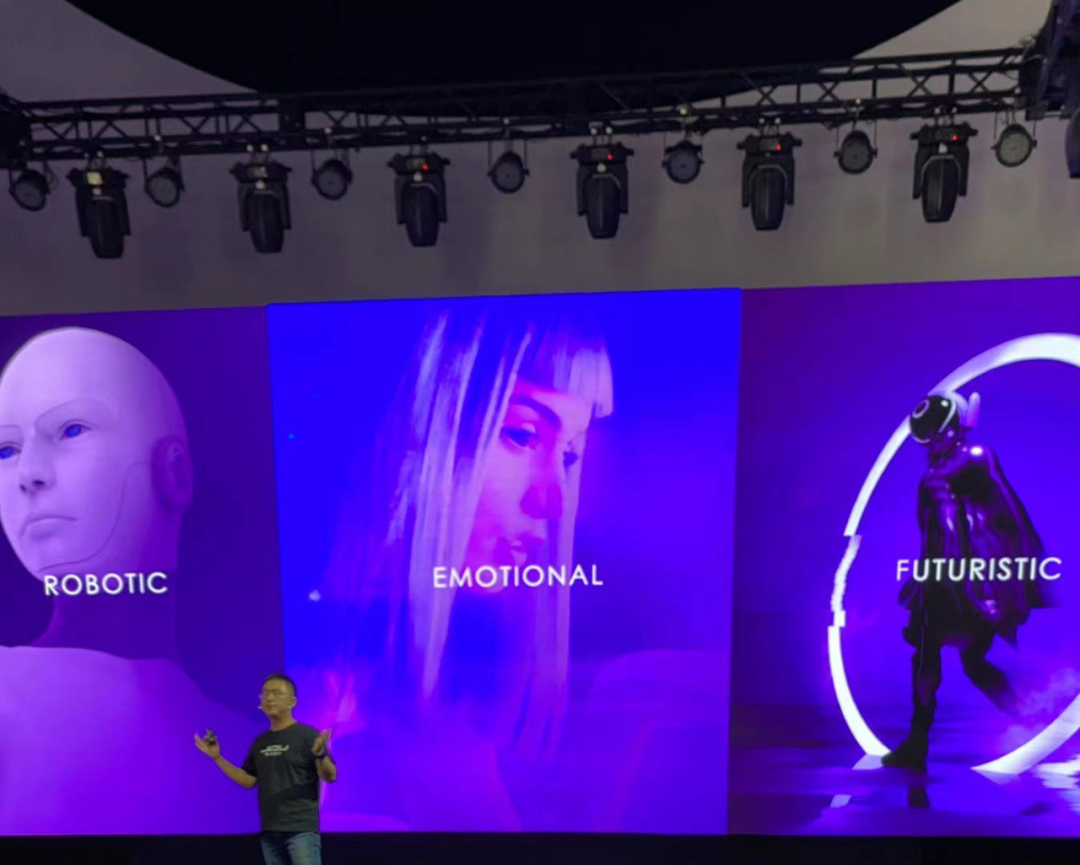
There is not much more specific information available yet. More product details will be shared at the brand launch in October.
The first car is planned to be mass-produced in about three years. A concept car will be presented at the Beijing Auto Show next year, and since it is half-engineered during the design phase, about 90% of the ideas will be the same as those of the mass-produced car. It is estimated that pre-orders may be available next year.
This is a product with autonomous driving as its core, aiming to provide the best market experience. “I don’t think there are any competitors,” Xia Yiping said. “Or, maybe we want to compete with differentiation. Of course, products with radical technologies are definitely our competitors.”
The target customers are mainly young people born in the 1990s and 2000s who like technological products, and the product will also meet the needs of female users. The price has not been decided yet, but from a technological cost perspective, it will certainly not be a car that competes at a low price below 200,000 RMB. It is the Young Premier.
Currently, there are about 200 people, including employees who have not yet joined, and all core teams from design, product research and development, engineering, software and operations have already been formed. The biggest goal now is to get the first car to market.
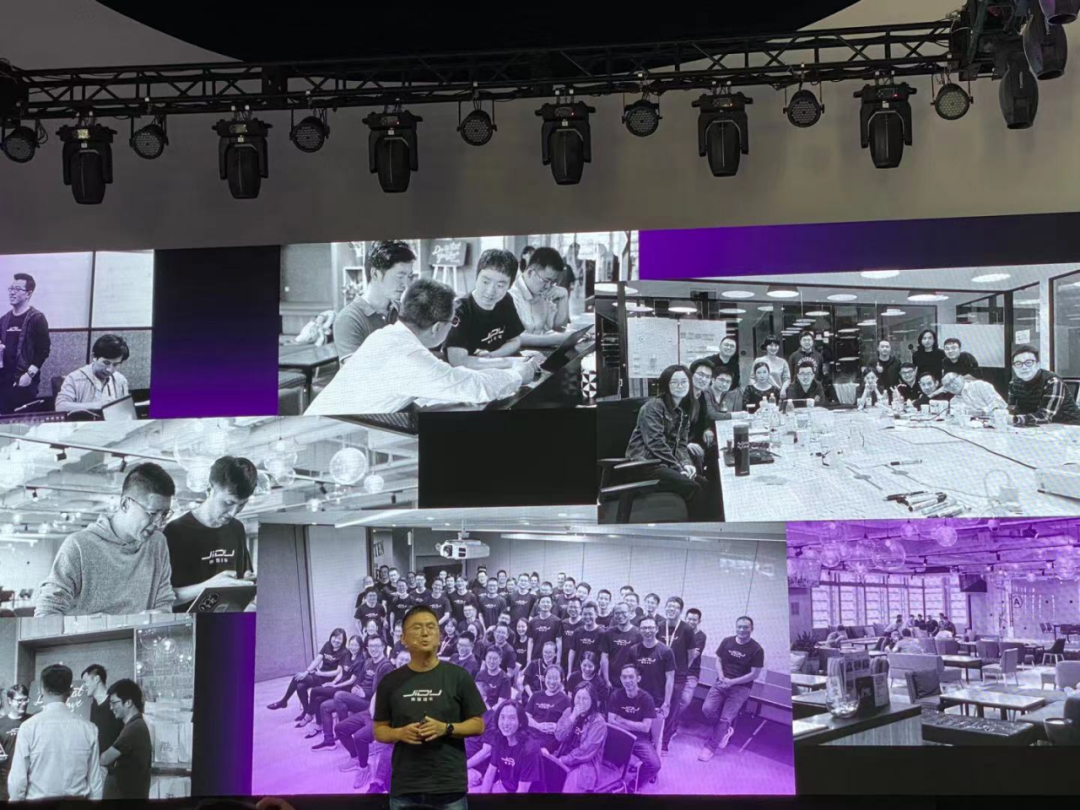
You might find it amazing: how can one or two hundred people build a car?
With the help of Chinese car maker Geely, Jidu will leverage the vast network and flexible capabilities of the Geely platform to provide core AI and software support for intelligent cars in the future.### English Markdown
Geely not only helped to develop their first vehicle, but also took on the production, manufacturing, and supply chain aspects of the entire car. “We thought very clearly about it. We would go through the entire Geely operation to create the first car so that we could ensure very good quality and reliability in terms of both quality and quality.” said Xia Yiping.
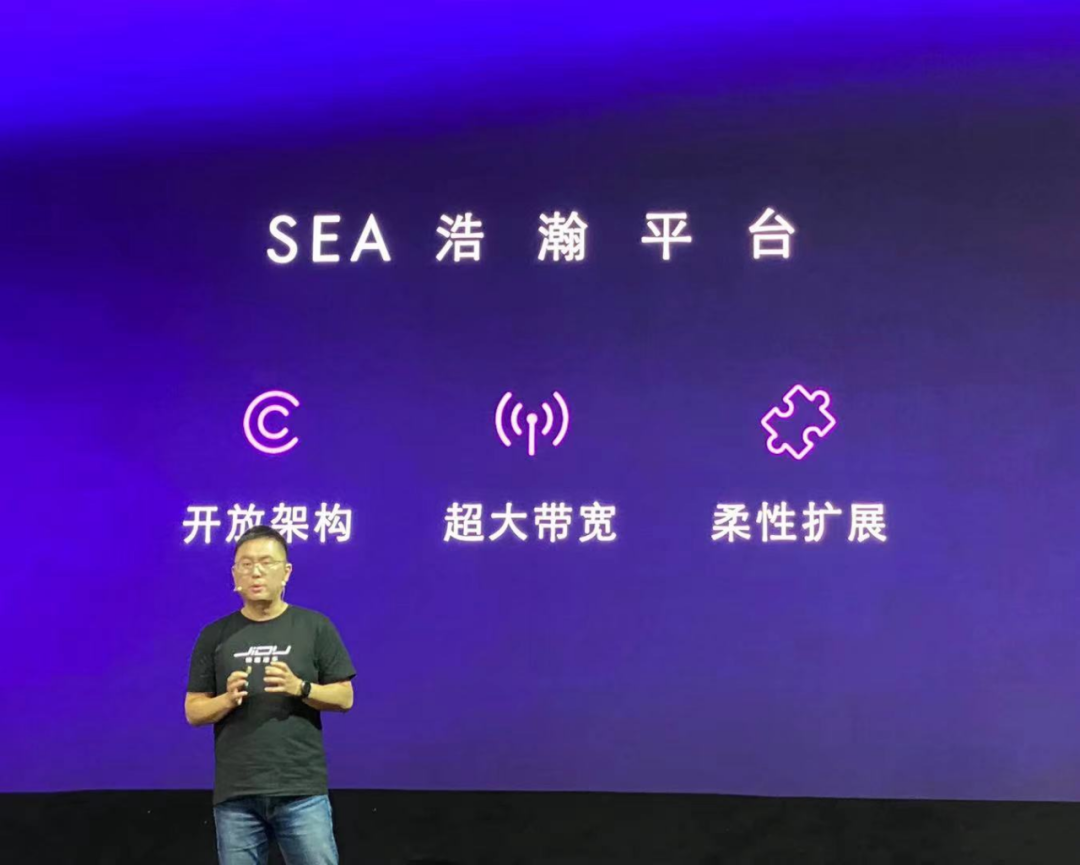
The AI capabilities belong to Baidu, while the whole vehicle is made by Geely. So, what is Jingdu doing?
Now, on the one hand, they will seamlessly integrate the core Apollo capabilities with the vast platform. They will jointly develop a JET intelligent architecture that is fully oriented to L4 with Geely. Based on such an architecture, they will iteratively undermine the product form from the bottom of the technology to ensure rapid iteration in software and application layers. Jingdu’s current plan is to launch a new vehicle every year after the first vehicle goes on the market.
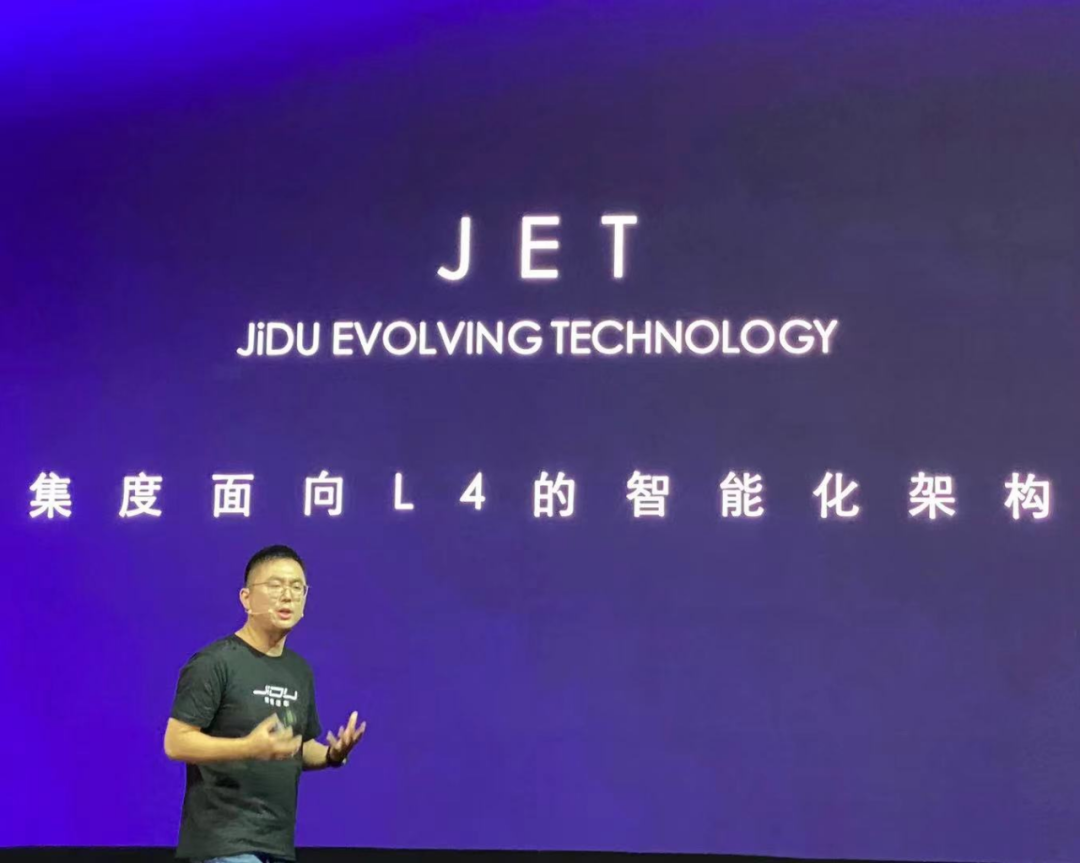
On the other hand, there is product definition. Xia Yiping said that this is a product and user-oriented company. The product team currently has about tens of people and focuses more on that. He himself is a company product manager.
This model may not be too consistent with our impression of vehicle manufacturing. But there is a logic that is worth recognizing. As many technologies become popular and standardized, the differences in cars will be more apparent in the differences in the concept of automobiles. For example, Apollo provides you with high-precision maps and the ability to provide voice, but how to build a user experience on these abilities to make users feel something, and what kind of brand you are, these will be future trends.
Jingdu is a promising attempt. More information will be available at their big launch in October.
This article is a translation by ChatGPT of a Chinese report from 42HOW. If you have any questions about it, please email bd@42how.com.